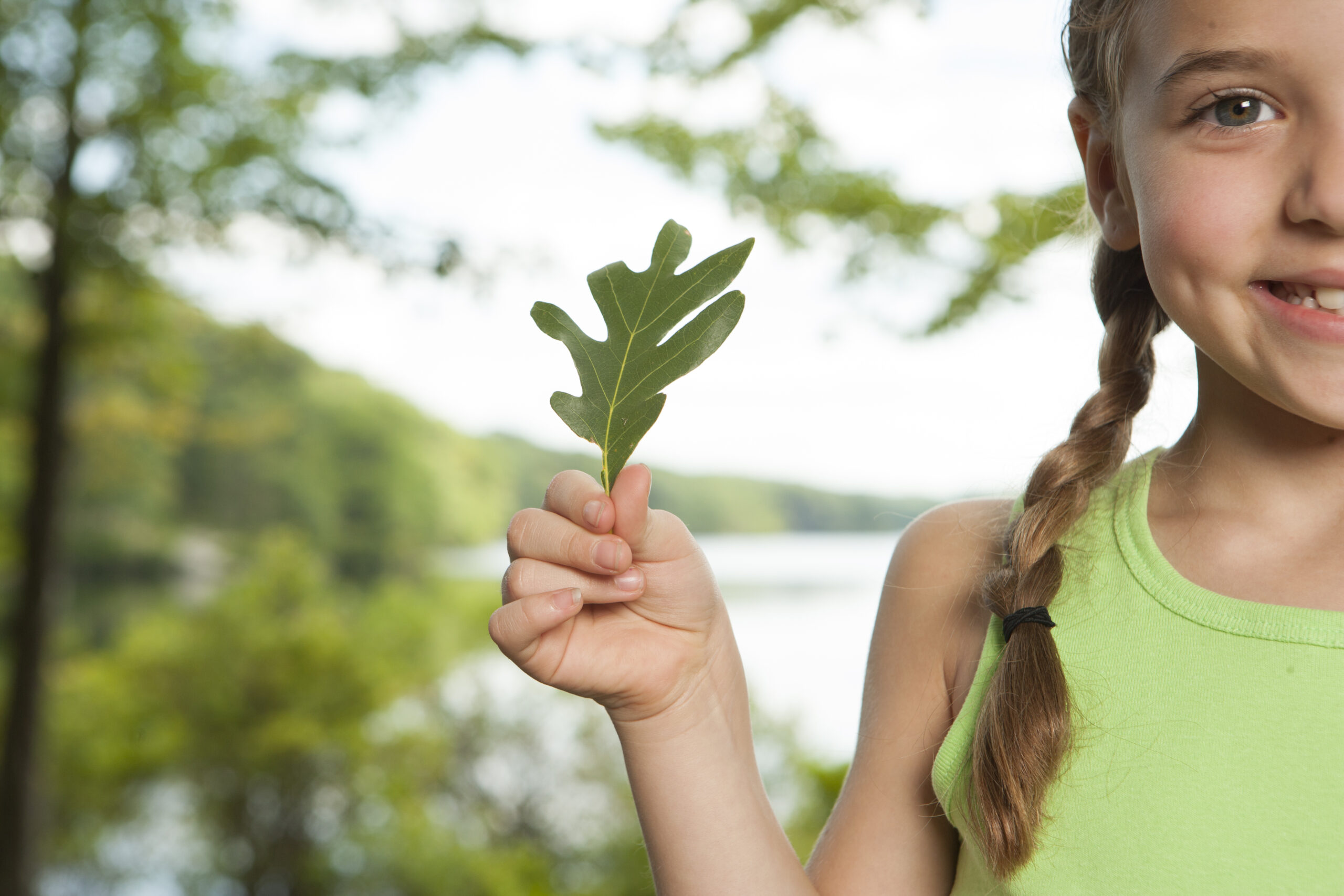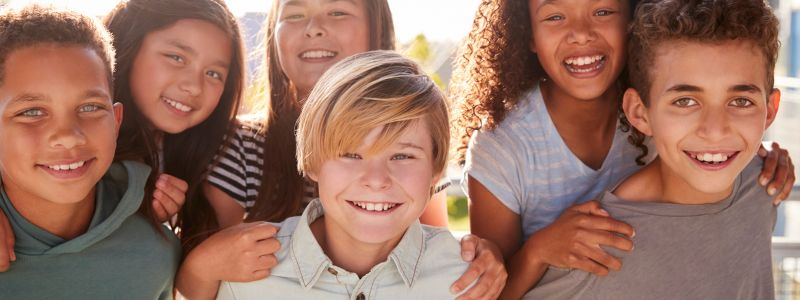Summer camps have long been associated with camping in the woods and involved activities such as canoeing, campfires, and hiking. However, this year, summer camps will look a whole lot different. It may be impossible to imagine social distancing among children while playing together. However, some guidelines have been issued by the Federal and state governments that must be observed if summer camp is to happen this year.
Preemptive Policies
Camps will be following screening policies to keep everyone safe and healthy. These policies may include: regular temperature checks upon arrival for all staff and campers, limiting the number of people coming in and out of camp, changing drop off procedures, and staff might be regularly asked health questions upon arrival. These are just a few of the procedures camps will adopt to keep camp safe.
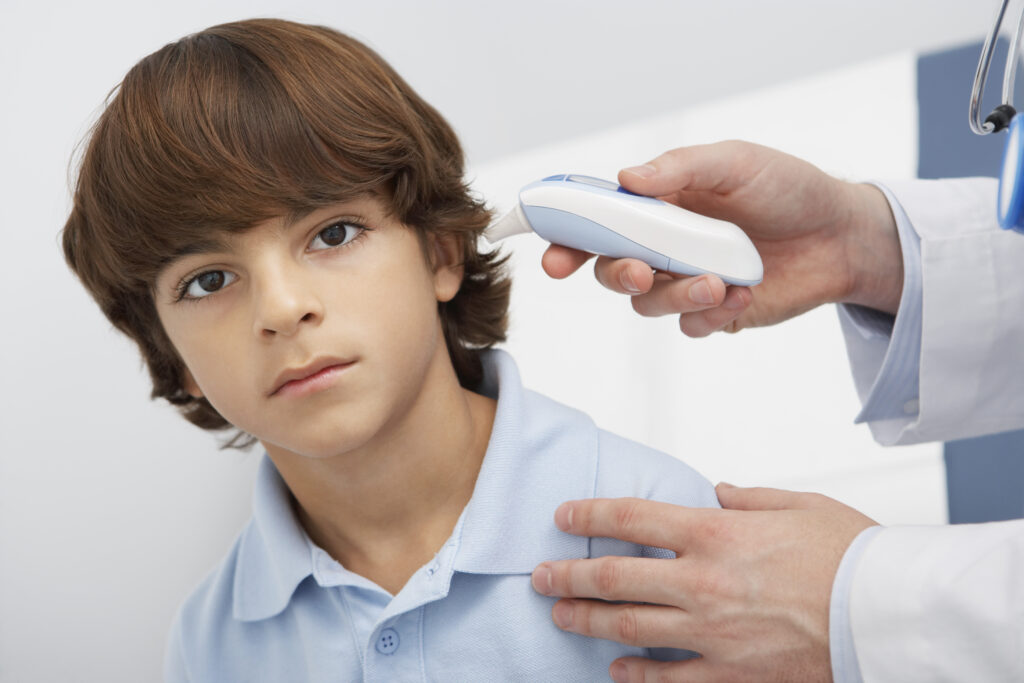
Routine Cleaning of all Equipment
All equipment must be sanitized after every use, and some campers will assigned equipment for the duration of the camp. Some material may include bows and arrows, tennis rackets, outdoor toys, indoor equipment will also be sanitized. Campers might be asked not to bring anything from home, or if they are allowed to bring personal items, they will be sanitized upon arrival. Individual water bottles may be approved, and filling stations will be available around camp.
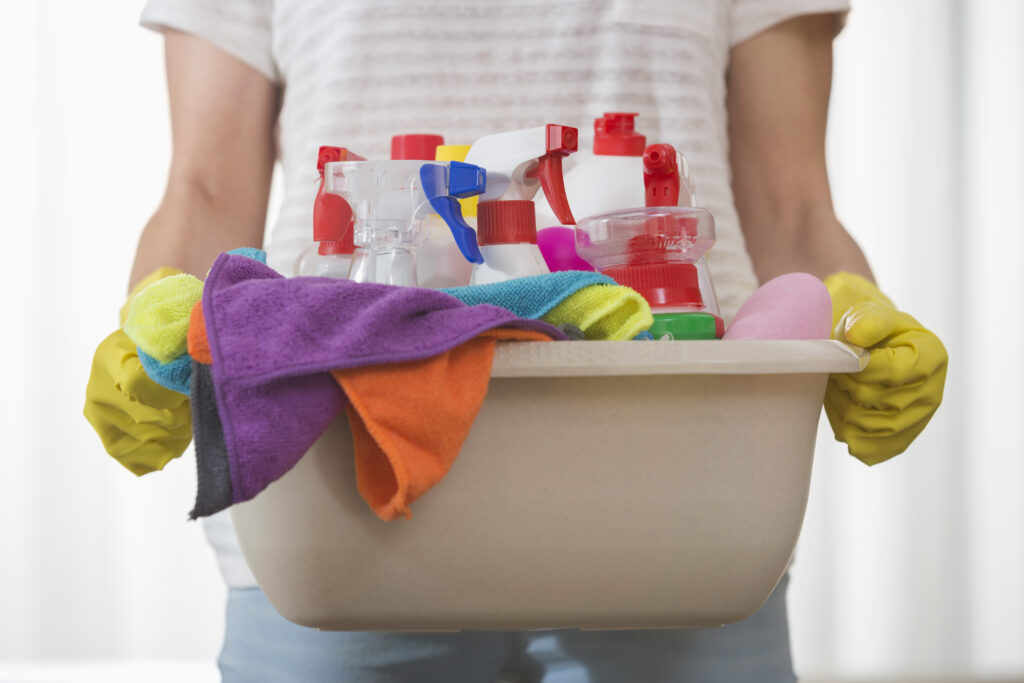
Wearing of Masks
Camps have adopted a specific mask policy for their staff, which means masks will be worn at all times where and when possible. We understand that no cover can genuinely prevent the spread of the virus, but masks help reduce the virus spreading should there be someone in the camp that is asymptomatic.
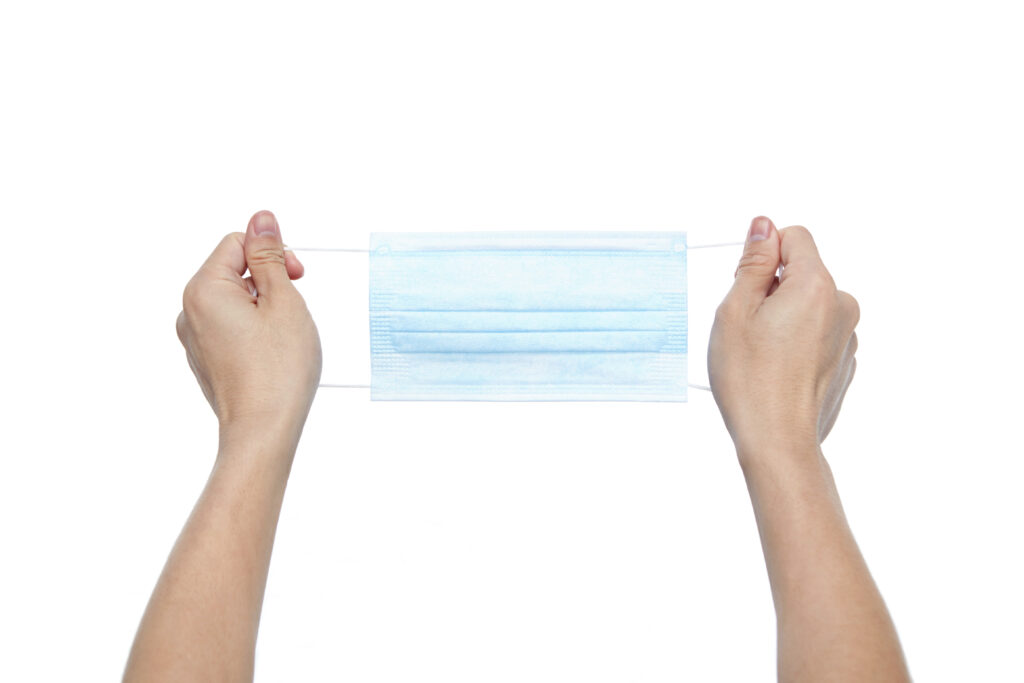
Confine Activities
Activities should be confined to the same group of campers and their instructors. Where possible, each group of campers should have their equipment, and any shared equipment must be disinfected regularly or after every activity.
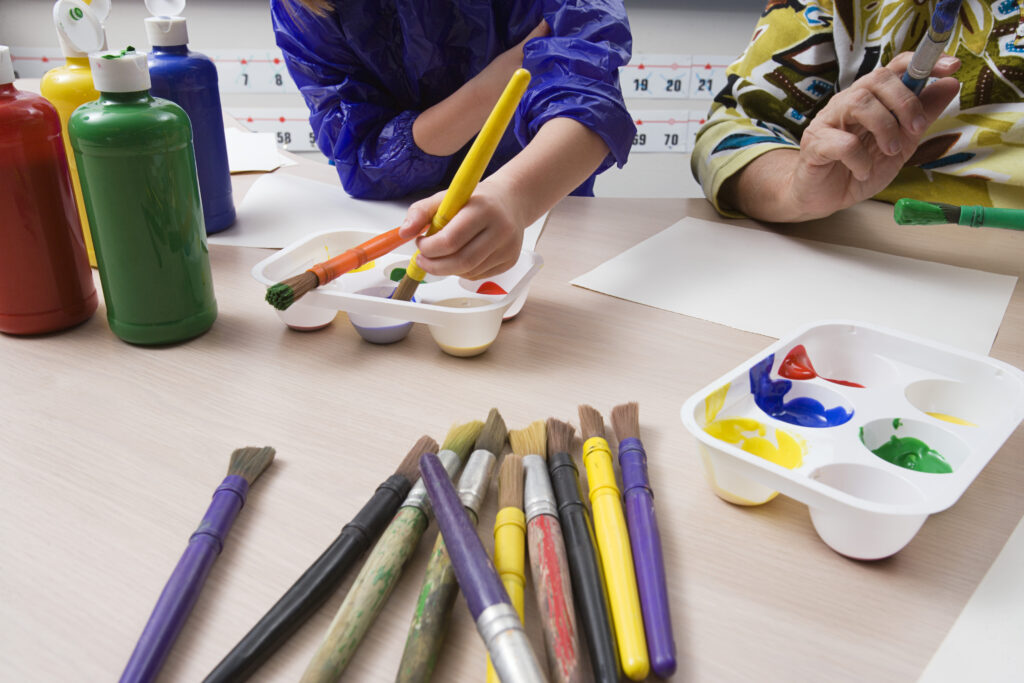
Isolation Centers
Every summer camp must have a designated room or area to isolate a patient should a camper get asymptomatic. Staff will be trained in what to do if a camper starts showing signs, and specific procedures will follow, including isolation of camper, sanitizing anything that has been used by this camper, and if need the separation of staff. This will ensure the positive case does not infect others in the summer camp.
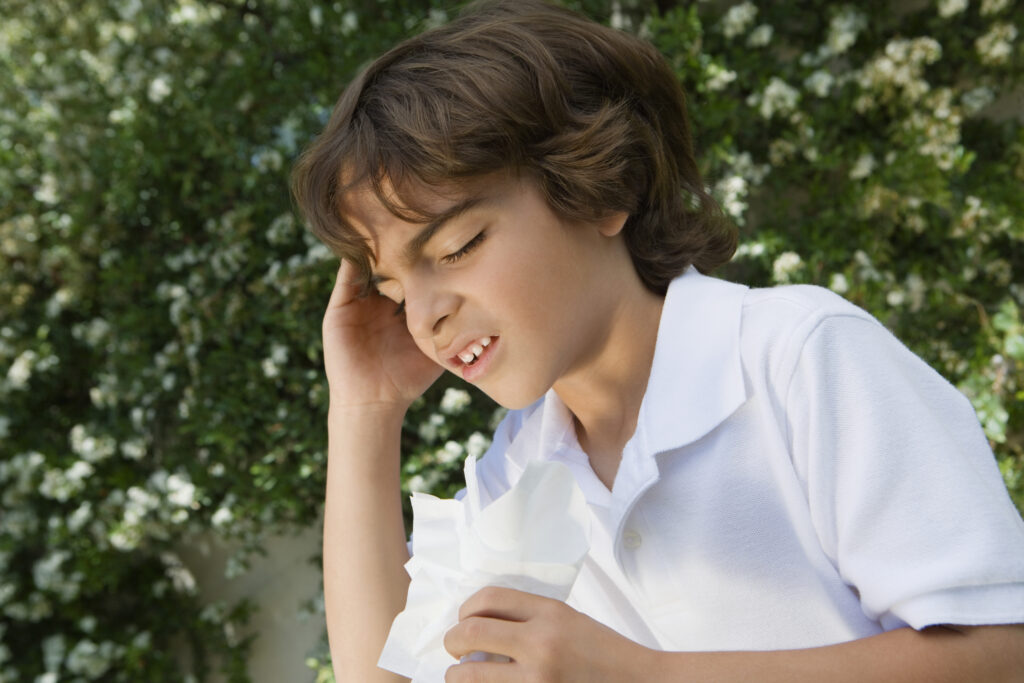
Regular Handwashing
Upon arrival, everyone will be asked to wash their hands immediately, and both staff and campers will be instructed to routine and regular hand washing throughout the day. For most camps, this will happen during activity rotations, before and after meals, and after playing outdoors. Some camps have even strategically placed hand-washing stations around the camp to make this process more accessible.
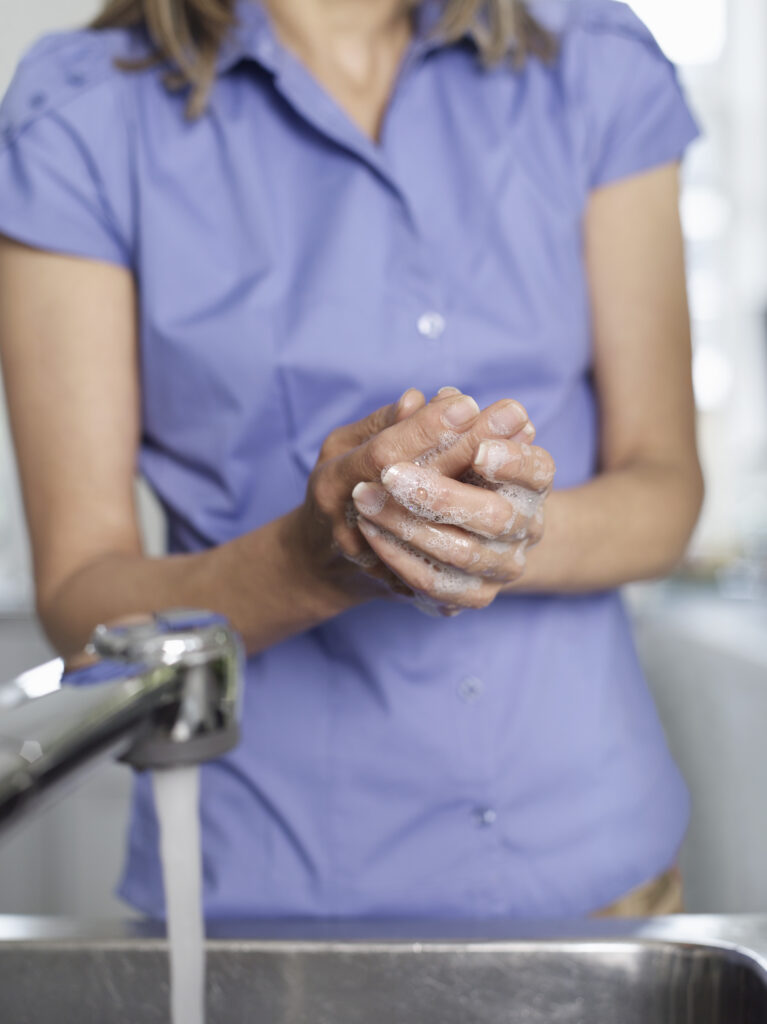
Conclusion.
The COVID 19 pandemic has caused the entire economy to grind to a near halt. However, with the curve flattening, we should be able to continue enjoying our daily lives as before as long as we observe government guidelines. Summer camps are no exception. The Pandemic should not be a reason not to have summer camp this year, but it may be a little different. Studies have shown that our bodies can beat the virus if we exercise and improve on cleanliness. Most summer camps that will be operational this summer will have to adhere to these government guidelines. Exercise form the activities in summer camp is essential in beating the virus should you contract it. Therefore there is no safer place for your children this summer than a summer camp.

